Luckin Coffee sued Starbucks that it was difficult to prove, and Starbucks calmly disclosed the latest growth plan.
Professional coffee knowledge exchange more coffee bean information please follow the coffee workshop (Wechat official account cafe_style)
On the third day after accusing Starbucks of monopolization, Luckin Coffee said the case had entered judicial proceedings and would no longer comment on the matter. The "calm" Starbucks heard the news that it was going to make takeout, pointing directly at the "life gate" of takeout coffee brands such as Ruixing.
Today, from a legal point of view, the problems facing Luckin Coffee's litigation.
Luckin Coffee's road to litigation is not smooth.
According to Article 3 of the Anti-monopoly Law of the people's Republic of China, monopoly behavior includes: (1) operators reaching monopoly agreements; (2) operators abusing their dominant market position; and (3) concentration of operators that have or may have the effect of excluding or restricting competition.
From a legal point of view, Luckin Coffee, as one of the operators in this industry, has the right to file a civil action against his alleged behavior, which is a litigation right. Luckin Coffee mentioned in the open letter:
The first is that there is an exclusive clause in Starbucks' contracts with many properties, and even if there are idle stores, they cannot be leased to other coffee sellers.
Second, Starbucks frequently pressured suppliers to stand in line and stop supplying Luckin Coffee.
If the above is true, can it directly prove that Starbucks constitutes a monopoly? That's not true.
Lawyers believe that for the time being, it is impossible to judge whether Luckin Coffee's accusation of Starbucks belongs to market speculation. From a legal point of view, Luckin Coffee, as one of the operators in this industry, has the right to file a civil action against his alleged behavior, which is a litigation right. From the perspective of market and law, these are two kinds of behaviors of different nature, but they are also related to each other.
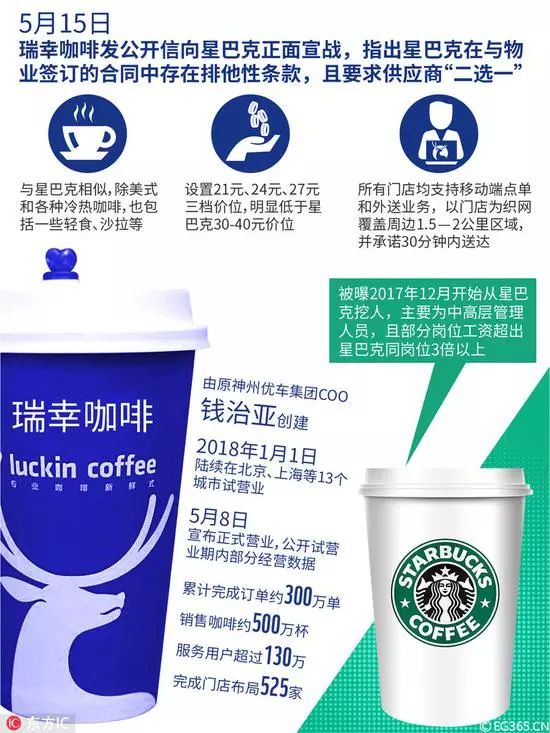
Not all exclusivity clauses are illegal
Jiang Liwei, a partner of Beijing Shengmei Law firm, asked Sina Law, "exclusivity clauses may indeed constitute monopoly agreements or abuse market dominance." However, it is obvious that not all exclusive provisions are illegal, and it is necessary to analyze the specific market competition situation, the competitive effect of exclusive trading and so on.
If there is only one building in a city that can be rented to open a coffee shop, it must be illegal for Starbucks to exclude all competitors from opening a coffee shop through an exclusive clause.
However, on the premise that there are enough buildings to open cafes, suppose Starbucks has signed an exclusive clause with some of these buildings. to judge whether this exclusive clause is illegal, it is necessary to consider the market share controlled by Starbucks through exclusive terms in the entire property rental market, the effect of exclusive provisions on market competition and other factors. "
"the situation in the raw material supply market is similar, taking into account the market share that Starbucks controls in the entire raw material supply market through exclusive terms. Starbucks' market position in the coffee shop service market cannot be equated with its position in the property rental market or the raw materials market. " Lawyer Jiang said.
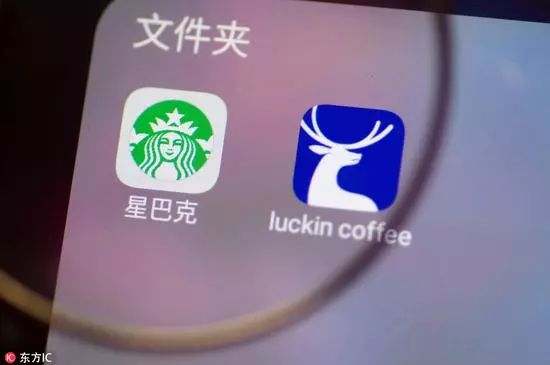
It is difficult to prove that Starbucks rules out competition.
Zhao Ye, a lawyer from Jingtian Gongcheng Law firm, said, "violating the anti-monopoly law has higher thresholds and conditions."
He pointed out that according to article 14 [1] of the Anti-monopoly Law, "the law does not clearly stipulate that agreements that vertically exclude others violate the anti-monopoly law. Lucky is the application of other provisions. However, the subject of the application of the clause is the anti-monopoly law enforcement department, and it is doubtful whether the court can apply it.
In addition, from a general point of view, for the vertical restriction behavior, the damage to the competition is higher only when the actor has the dominant position. Therefore, the application of the backing provisions of the fourteen vertical agreements is very reluctant. Furthermore, for the application of Article 17 [2], Lucky needs to prove that Starbucks has a dominant position, which is also very difficult. China's coffee market is relatively fragmented, and it is difficult to prove that Starbucks has a dominant position in the purchasing market. "
Lawyer Zhao Ye further pointed out that according to Article 17 of the Anti-monopoly Law, "Lucky needs to prove that the relevant market is established and has a dominant market position, and that this behavior excludes and restricts competition." It's very difficult. Even if Article 14 applies, Rui Xing first needs to demonstrate that the backstop clause is applicable to the exclusion act. After that, it is equally difficult to demonstrate that Starbucks behavior has the effect of excluding competition. "
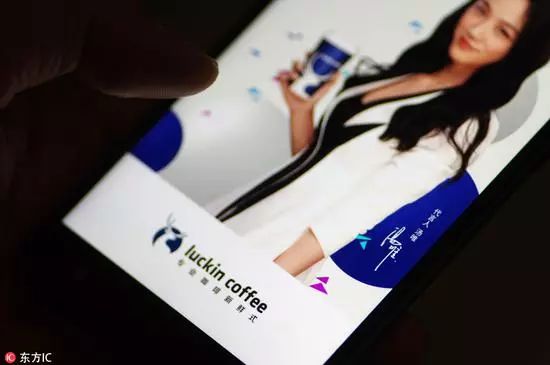
What other evidence does Luckin Coffee need?
Fan Zhengqiang, director of the research center of the Shanghai Rieger law firm, believes that both sides have done what they can do in the dispute. On the one hand, Luckin Coffee can choose a legal way to blame Starbucks, if they have a basis, whether it is to protect their legitimate rights and interests or market speculation, are within the scope of the law. On the other hand, Starbucks' response is understandable, because it is not in line with the spirit of the law to force one company to prove that it has not done anything just because it has not publicly denounced it with real evidence. Starbucks can express its own views on the matter, of course, as long as it does not deliberately vilify each other's goodwill.
First of all, it is necessary to clarify whether Starbucks has violated the relevant provisions of the law. If the situation is true, Ruixing argues that Starbucks is suspected of violating articles 14 and 17 of the Anti-monopoly Law, which still needs to be deliberated. In addition, the alleged behavior of Starbucks belongs to non-price monopoly, which needs to be determined by the state's antitrust agency.
At present, Starbucks is accused of abusing its dominant position in the market, for which it needs to be determined in advance to prove that Starbucks does have a dominant position in the market, and this argument requires a highly technical argumentation. it needs to be proved in detail that the enterprise is capable of domination and control in the relevant market of this transaction. If it is an exclusive clause in the location, then it should prove that Starbucks has the ability to dominate and control the rental market, which Starbucks may not have at present.
It is the duty and duty of an enterprise to abide by the order of market competition. From the existing market competition mechanism, legal, compliance, do not touch the relevant provisions of market competition is the basic bottom line, in addition, enterprises should also fully respect the law, rather than abuse their rights protected by law.
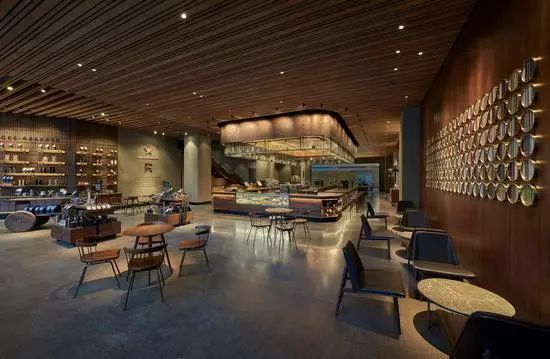
Starbucks calmly announces the latest China growth plan
Starbucks plans to extend its business to the ready-to-drink coffee and household markets, according to its latest China growth plan. At the same time, Starbucks plans to add 600 stores each year over the next five years, doubling the number of stores in mainland China to 6000 by the end of fiscal year 2022 (the end of September 2022), entering 230 Chinese cities. on average, one new Starbucks store is born every 15 hours.
In addition, another high-profile measure is the imminent launch of the delivery business, which is placed in a "necessary but not urgent" position on Wang Jingying's to-do list. She says delivery is only part of Starbucks' business innovation. "We will continue to launch more innovative solutions and innovative experiences and products in the Chinese market, and delivery is just one of them." Starbucks has incorporated its delivery business into its digital innovation strategy in China, and will achieve customized services, mobile order payment and many other functions.
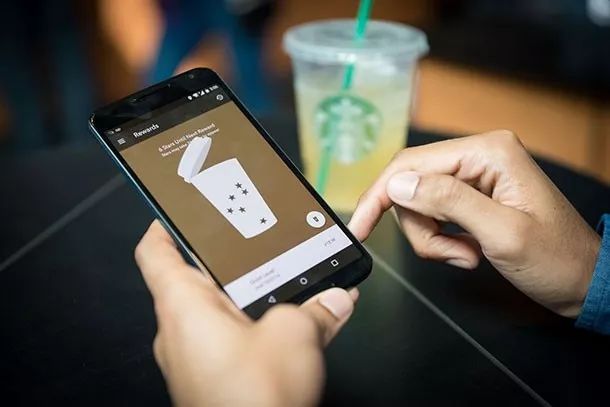
It is worth mentioning that in addition to once again increasing the speed of opening stores in the Chinese market and dabbling in delivery, Starbucks will also vigorously expand the household coffee market, making use of Nestl é's huge offline retail channels to increase the scale of Starbucks' household single-cup coffee and food service business. Wang Jingying, CEO of Starbucks China, said that the company attaches the most importance to the theater-style store experience, but the construction of digital takeout and membership is also an important part of the company's strategy. As for Starbucks not doing takeout, Wang Jingying explained that "the company pays more attention to coffee quality and customer experience, and Starbucks must ensure that the quality of delivery products is the same as that of store products."
In fact, coffee delivery was a very active and important subdivision during the melee period of the delivery platform. at that time, many coffee delivery brands still existed in the form of Wechat service numbers. most of them started by seizing the "business opportunity" that Starbucks did not do delivery. Starbucks did not open its takeout business before, but in fact, there were many Starbucks purchasing agents on all delivery platforms. There are also a lot of takeout delivery staff in Starbucks stores.
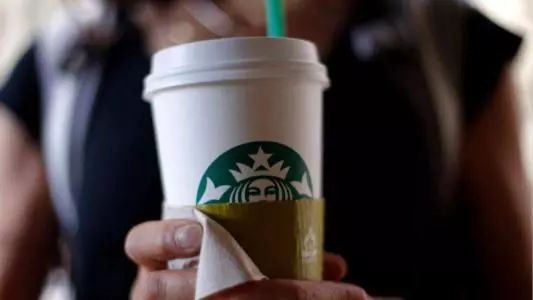
Starbucks' inclusion of takeout business in its development plan has attracted a great deal of attention in the industry. Predictably, once Starbucks starts takeout, orders will soar in a short period of time, which will be a big challenge for Starbucks.
Wang Jingying said that Starbucks has been in China for nearly 20 years. In the past many years, we have always had a lot of competitors.
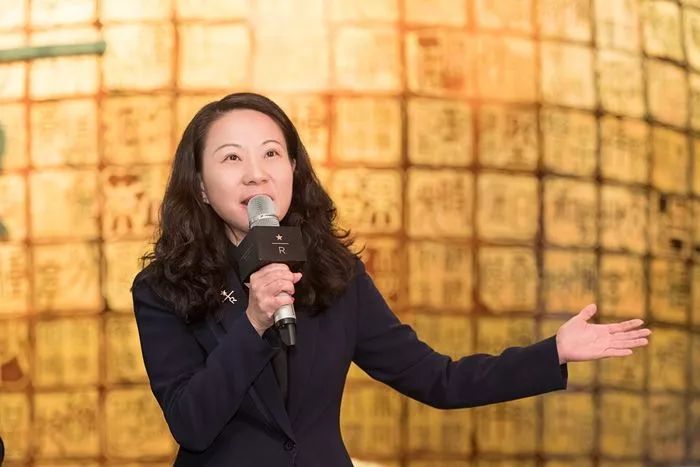
Important Notice :
前街咖啡 FrontStreet Coffee has moved to new addredd:
FrontStreet Coffee Address: 315,Donghua East Road,GuangZhou
Tel:020 38364473
- Prev
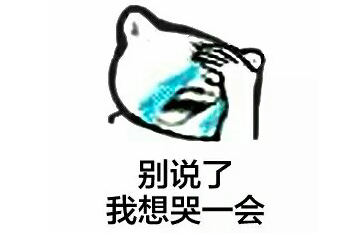
A 100,000-word "Starbucks bitter history"-a record of Starbucks 'friends blowing up message boards
Professional coffee knowledge exchange More coffee bean information Please pay attention to coffee workshop (Weixin Official Accounts cafe_style) monopoly accusation against Ruixing Coffee (Ruixing Coffee's accusation against Starbucks mainly lies in two points: First, Starbucks has exclusive clauses in contracts signed with many properties. Many properties feedback that exclusive lease contracts have been signed with Starbucks in the early stage
- Next
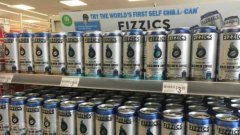
7-Eleven convenience store coffee launches a new gadget-frozen coffee "Fizzics"
Professional coffee knowledge exchange more coffee bean information please follow the coffee workshop (Wechat official account cafe_style) have you ever heard of new drinks that are rapidly frozen? 7-Eleven is testing a new packaging technology that can quickly cool canned drinks. This cooling container has been supported by NASA and the military, so its credibility is quite high. Currently with Joseph Co
Related
- Unexpected! Ruixing Telunsu lattes use a smoothie machine to foam milk?!
- % Arabia's first store in Henan opens into the village?! Netizen: Thought it was P's
- Does an authentic standard mocha coffee recipe use chocolate sauce or powder? Mocha Latte/Dirty Coffee/Salty Mocha Coffee Recipe Share!
- What is the difference between Vietnam egg coffee and Norway egg coffee? Hand-brewed single product coffee filter paper filter cloth filter flat solution!
- What is the difference between sun-cured and honey-treated coffee? What are the differences in the flavor characteristics of sun-honey coffee?
- How to make Italian latte! How much milk does a standard latte use/what should the ratio of coffee to milk be?
- How to make butter American/butter latte/butter Dirty coffee? Is hand-brewed coffee good with butter?
- Is Dirty the cold version of Australian White? What is the difference between dirty coffee/decent coffee and Australian white espresso?
- Relationship between brewing time and coffee extraction parameters How to make the brewing time fall to 2 minutes?
- Got entangled?! Lucky opens a new store, Mixue Ice City, and pursues it as a neighbor!

